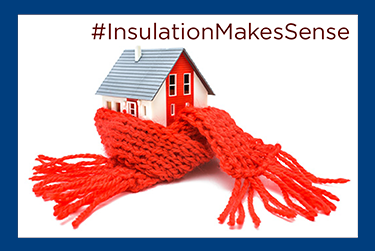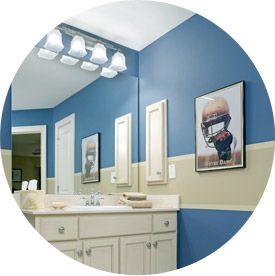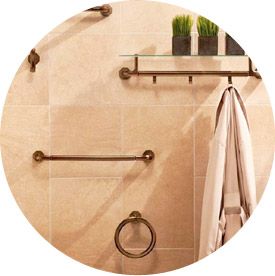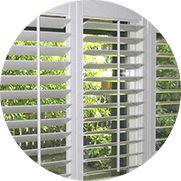- 2738 North Hayden Island Dr, Portland, OR 97217
- |Contact Us
Blind Installation in Portland, OR
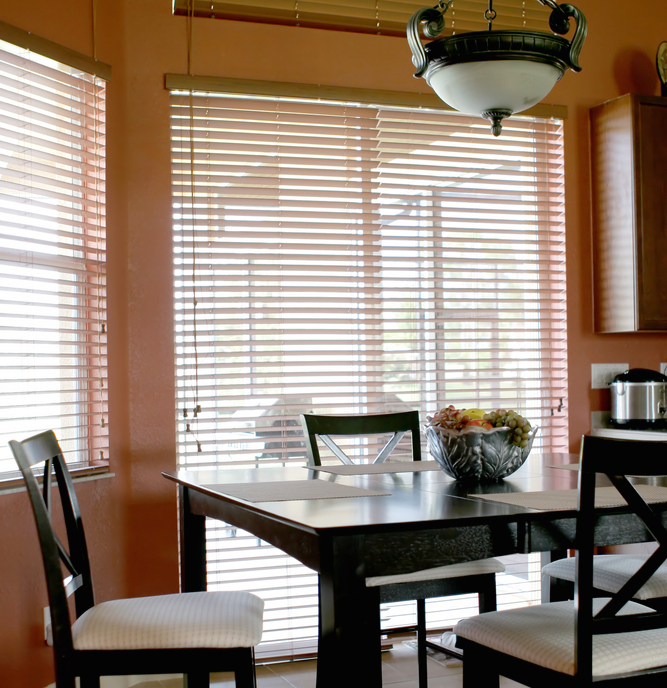 Do you need blind installers in Portland, Oregon, or a surrounding area? Call Installed Building Products Portland. We work with builders and contractors on residential remodeling and window projects.
Do you need blind installers in Portland, Oregon, or a surrounding area? Call Installed Building Products Portland. We work with builders and contractors on residential remodeling and window projects.
We now offer our own in-house blinds! For any window project, you’ll also have the option to add custom blinds made for your particular window size and style.
Contact us today to schedule service or ask any questions you may have — or keep reading to learn more about our window blind services.
Custom Blinds We Install
Faux Wood Blinds
At IBP Portland, we’re proud to offer our own in-house blinds. We can provide beautiful 2-inch, faux wood window blinds for windows and French doors. These blinds:
- Are a more affordable option
- Are 100% UV and anti-static controlled
- Come standard with a 3-inch crown valance
- Feature a trapezoid bottom rail for improved closure
- Come with mounting hardware and installation screws
Whatever your needs, we’re happy to discuss your Portland blind installation project.
Call 503-641-8166 or contact us online to get started on your blind installation project.
Mini Cordless Window Blinds
We now offer faux wood window blinds in a cordless, 2-inch style. While all faux wood blinds offer warmth and elegance to any room, these blinds have the added benefit of effortless cordless operation.
Contact IBP Portland for Blinds Installation in Portland, OR
When you need on-time, professional blind installation, make IBP Portland your first call. We can help you finish your project on time and on budget. If you’re a homeowner, we can replace your old blinds with beautiful new ones.
Frequently Asked Questions
What Are Faux Wood Blinds Made Of?
The composition of faux wood blinds depends on the manufacturer and the individual product. The most common materials include polyvinyl chloride (PVC), vinyl and composite wood core with sturdy plastic polymer coating.
With a high-quality product and professional installation, you can achieve a beautiful, real-wood look without the high cost and increased maintenance requirements of real wood blinds.
What Are the Benefits of Faux Wood Blinds?
Faux wood blinds are more affordable than real wood blinds (but offer the same attractive look), are versatile and can meet a variety of aesthetic preferences and styles, last a long time, and don’t require much maintenance.
Many have an anti-static feature that helps prevent excessive dust from settling, which helps reduce time spent cleaning.




